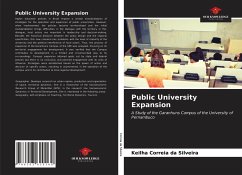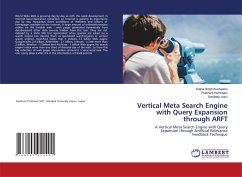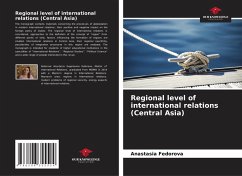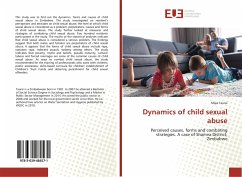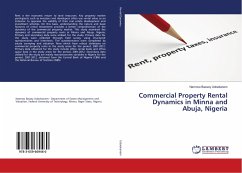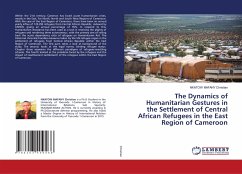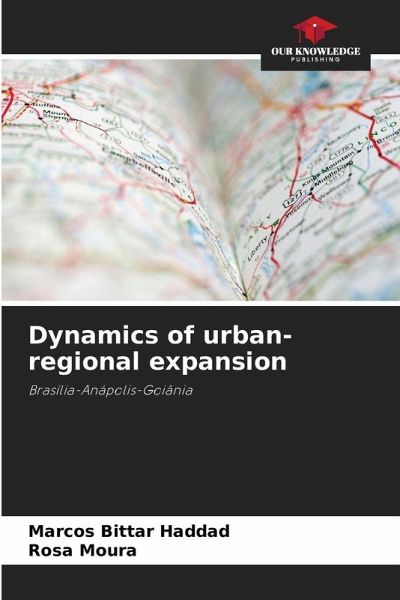
Dynamics of urban-regional expansion
Brasília-Anápolis-Goiânia
Versandkostenfrei!
Versandfertig in 6-10 Tagen
19,99 €
inkl. MwSt.

PAYBACK Punkte
10 °P sammeln!
Urban-regional arrangements constitute a hybrid, complex, and continuously expanding spatial category, characteristic of the current context of increasingly widespread urban configurations, sometimes agglutinated with others, forming large urban regions. Under a common logic, local specificities form diverse units, to which a wide range of terms are assigned, often compound and almost always associated with the original idea of a city, which adequately reflect the changing boundaries, morphologies, and scales of human settlement patterns. The generic term "urban-regional arrangements" is inclu...
Urban-regional arrangements constitute a hybrid, complex, and continuously expanding spatial category, characteristic of the current context of increasingly widespread urban configurations, sometimes agglutinated with others, forming large urban regions. Under a common logic, local specificities form diverse units, to which a wide range of terms are assigned, often compound and almost always associated with the original idea of a city, which adequately reflect the changing boundaries, morphologies, and scales of human settlement patterns. The generic term "urban-regional arrangements" is included in this set of terms, among which, in Brazil, is the subject of this research, which has been the object of several studies. This text aims to bring the spatial category "urban-regional arrangement" into the debate based on the concrete example of the unit that is configured under polarization, among others, of the national metropolis Brasília, federal capital of Brazil, Goiânia, and Anápolis, important cities in the Brazilian Central Plateau.



